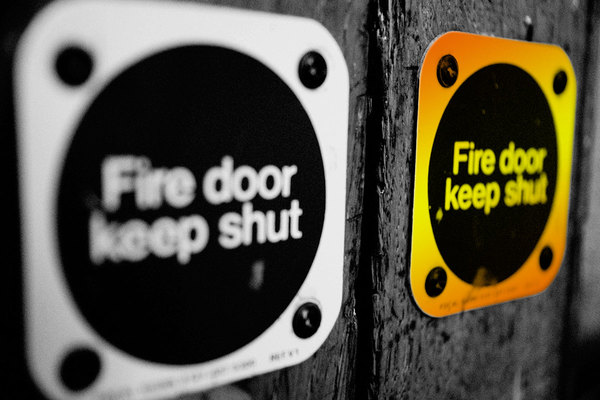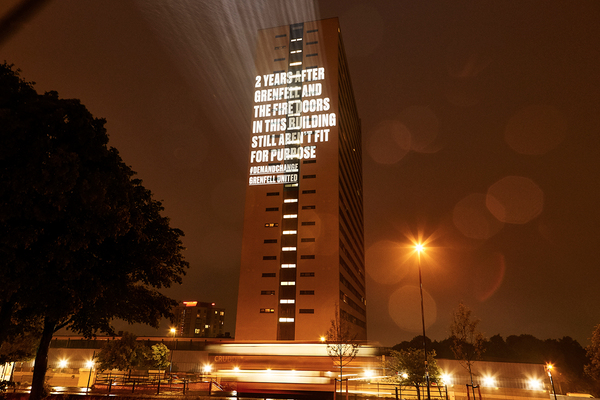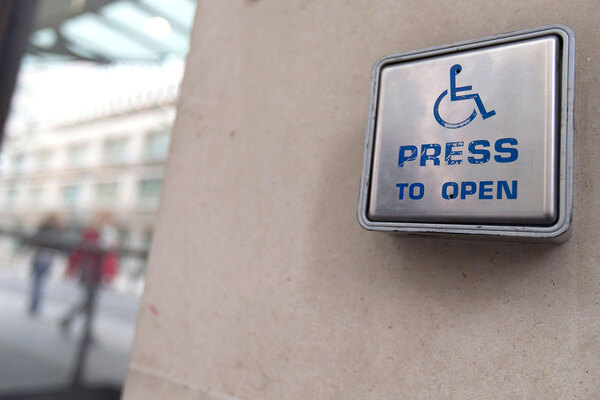Tens of thousands of non-compliant fire doors still being used in council blocks post-Grenfell
Tens of thousands of fire doors that fail to meet safety standards remain in place in council homes across the country, with only a fraction replaced since the Grenfell Tower fire, exclusive Inside Housing research has revealed.
Councils have estimated that one in 10 flat entrance fire doors installed in their blocks have been found not fit for purpose in the wake of the disaster, meaning they do not provide protection against flames and smoke for the required 30 minutes. Just 8% of these have since been replaced.
Freedom of Information Act requests revealed data on 326,863 doors from 98 councils, which together own well over half of the nation’s local authority housing stock.
Of these, the councils believe that 33,522 doors do not meet the 30-minute standard, while several are still carrying out inspections to identify whether any of their doors need replacing.
Among the 44 councils that have identified non-compliant or potentially non-compliant doors, half are yet to replace a single one, and the others were able to confirm remediation of only 2,689.
Councils blamed the slow progress on a lack of clarity from government and the fire door industry about which products to trust.
Brighton & Hove City Council has 2,254 doors installed in its stock that have failed government safety tests.
Click here to read the full investigation
John Allcock, chair of the authority’s Housing & New Homes Committee, said it was pressing the Ministry of Housing, Communities and Local Government (MHCLG) for information on the type of doors it should use.
Islington Council has 2,448 doors of concern but said it is still considering replacement options “in the absence of clear government guidance”.
Fire door issues were first uncovered in March 2018, when the Metropolitan Police revealed that an undamaged door taken from the tower had failed safety testing after 15 minutes.
The government later agreed a moratorium on the sale of glass reinforced plastic fire doors after further tests on other products returned a series of failures, which was lifted in December.
Lord Gary Porter, chair of the Local Government Association, said councils “are struggling to confirm that the fire doors that have come back onto the market meet their requirements”.
The Ministry of Housing, Communities and Local Government (MHCLG) is still working with National Trading Standards and the Association of Composite Door Manufacturers to develop a remediation action plan, while further tests are ongoing.
The councils that provided data have already identified a combined £22.3m bill, and many are still yet to calculate costs.
Darren Rodwell, executive member for housing and planning at London Councils, said “it isn’t good enough” that town halls are still awaiting a national remediation plan and details on who will pay.
A spokesperson for the MHCLG said: “Building owners should ensure that products being used in their buildings meet the appropriate standards.
“Where doors that have failed tests are installed, we have been clear that building owners must take responsibility and should review their building fire risk assessments.”











